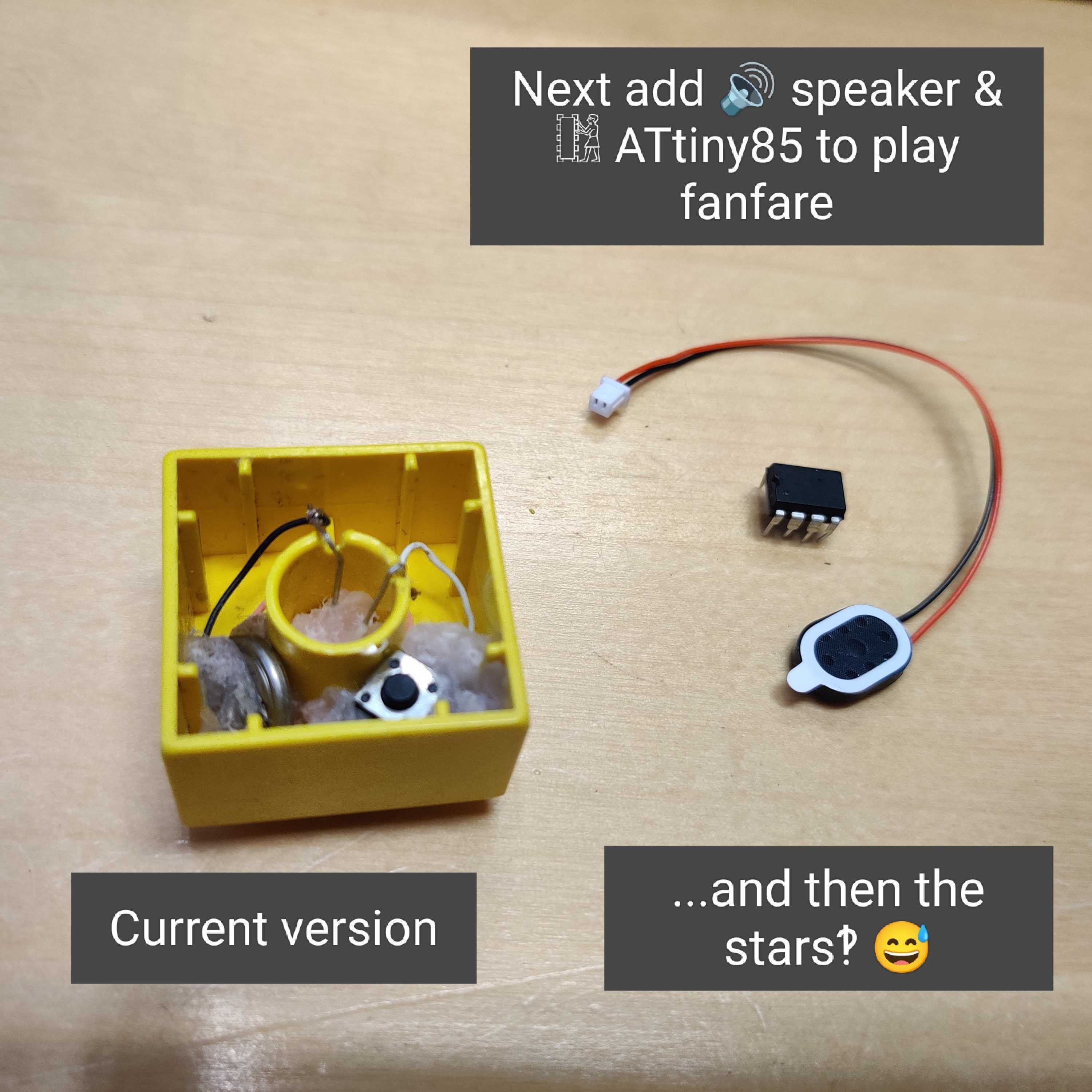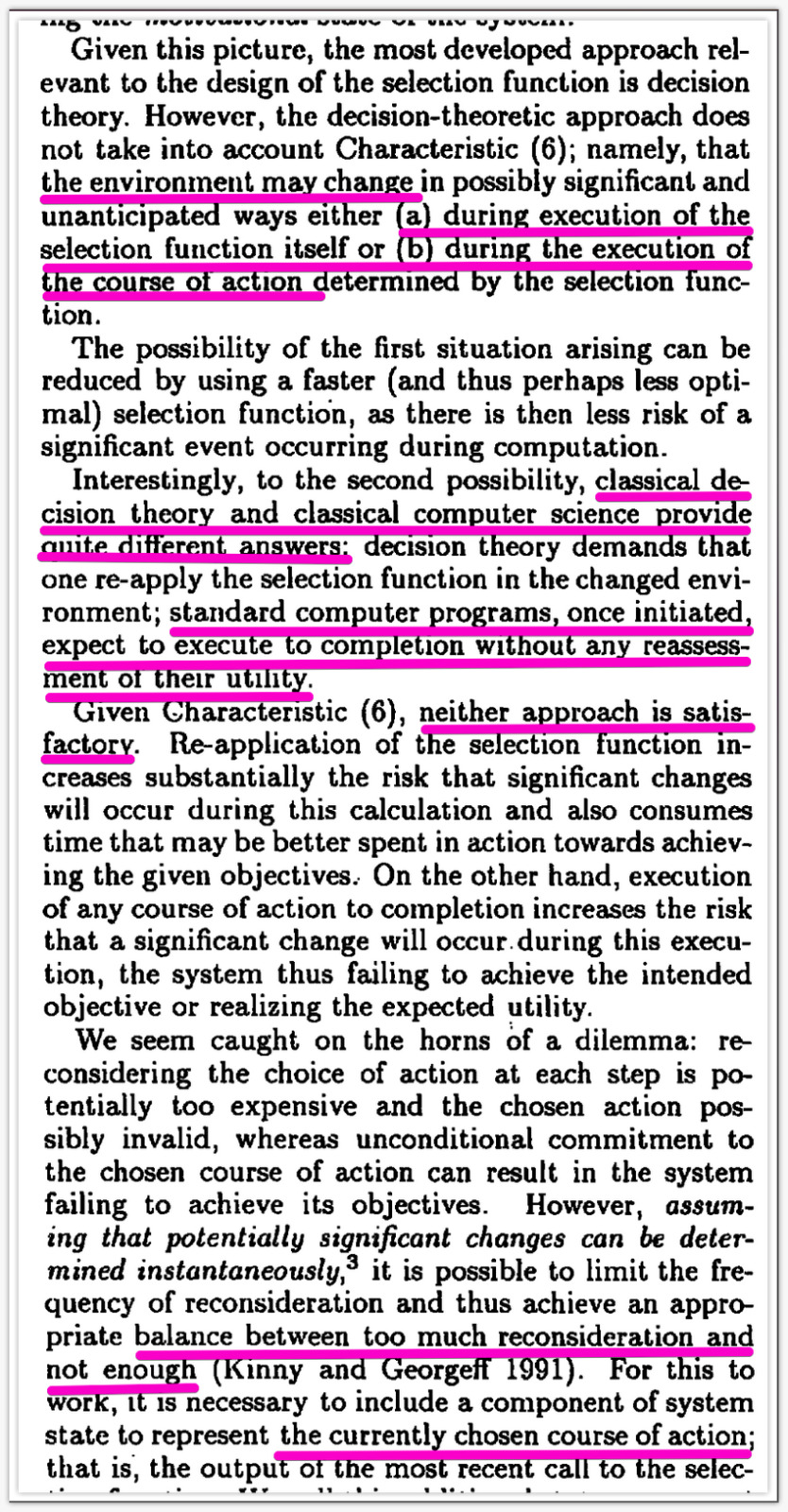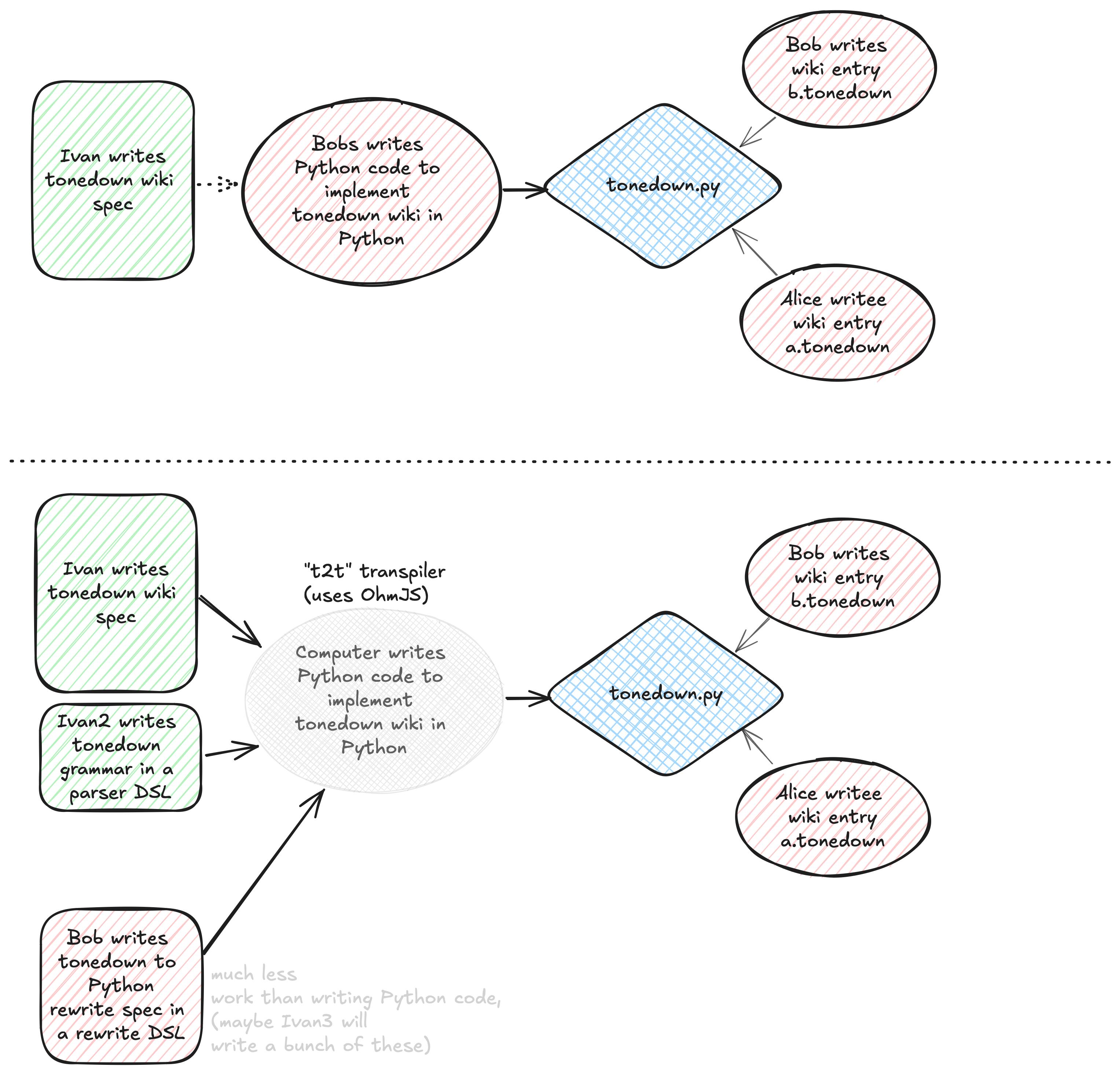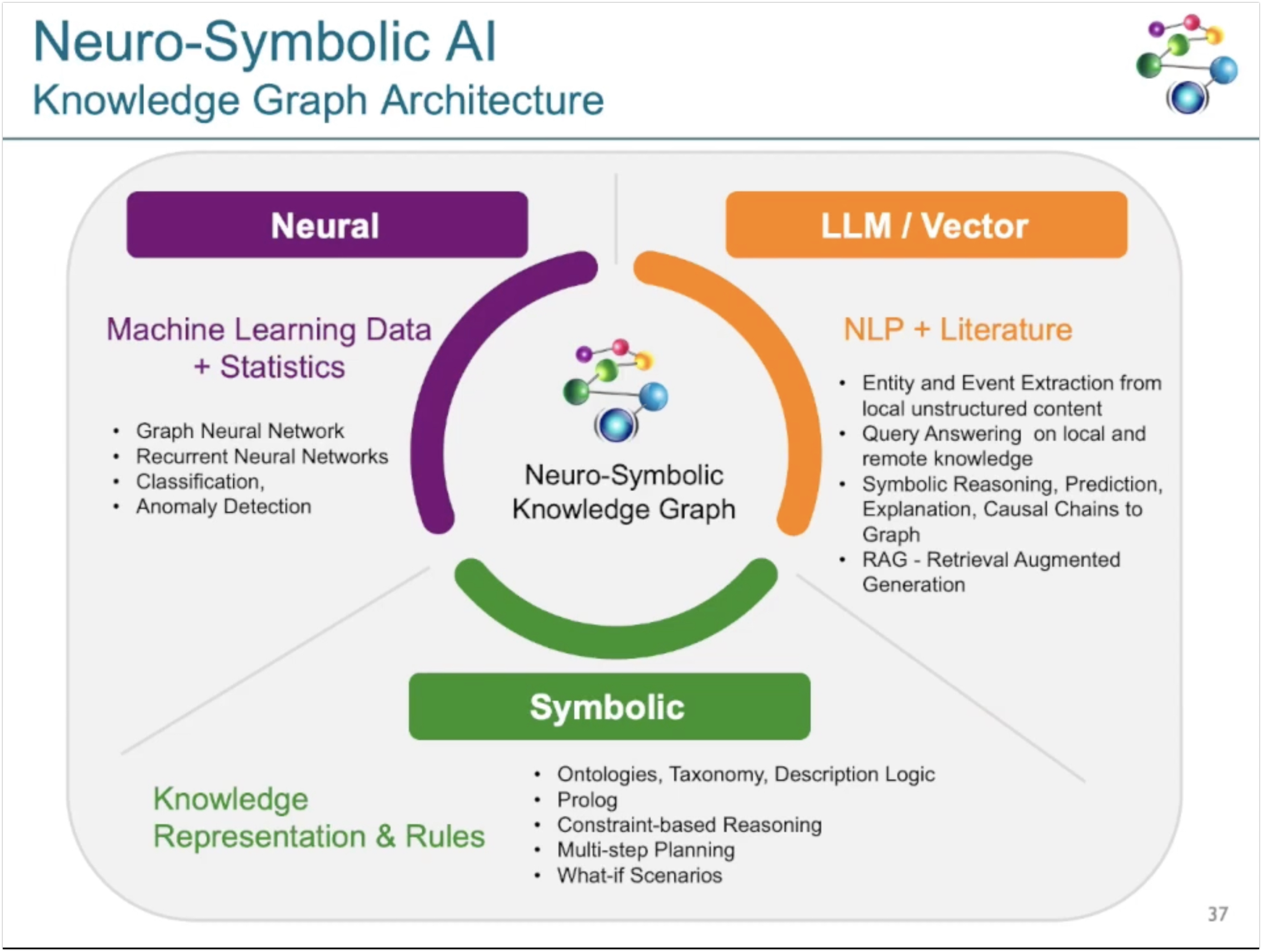🎙️ FoC 73 • Moving Beyond Syntax 📢 Onward! and LIVE Papers Announced 🧦 Hypercard in the World
Two Minute Week
💬 Karl Svartholm
Trying to make Duplo more interesting... So far it is working (probably), seem to have encouraged my daughter to learn to stack two pieces together! 😃
Actually the next step after a fanfare is probably (not the stars but) to have pieces make different sounds and/or beats depending on sensors (ex sensing colors, stacking, proximity or sound) — a music machine. Perhaps more important: a programmer base plate; where you stack pieces & program them (from ex Arduino studio, for now). Inter-piece communication could also be interesting? Ideas?
🎥 Video 1
🎥 Video 2







[ ] Change Month and Week Number
[ ] focWeekExport "2023-01-19" "2023-01-26"
[ ] Update Search Index
[ ] Download New Attachments
[ ] Update links
[ ] Check that comment links work (push weekly dump with channel summaries)
[ ] Check to mention right person for moved messages
[ ] Summary
[ ] Hashtags
[ ] Set title in newsletter
https://tinyletter.com/
https://tinyletter.com/marianoguerra/letters/
http://localhost:8000/history/
https://marianoguerra.github.io/future-of-coding-weekly/
https://stackedit.io/app#